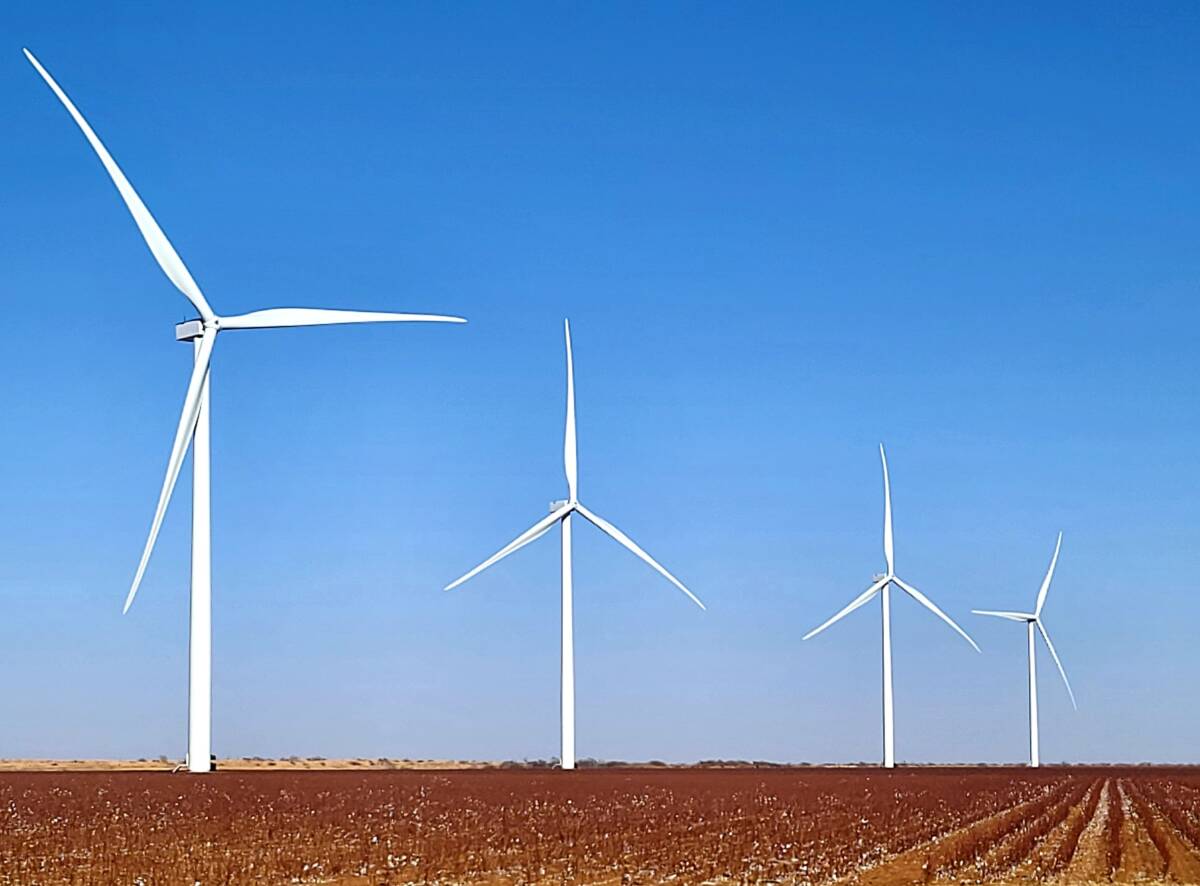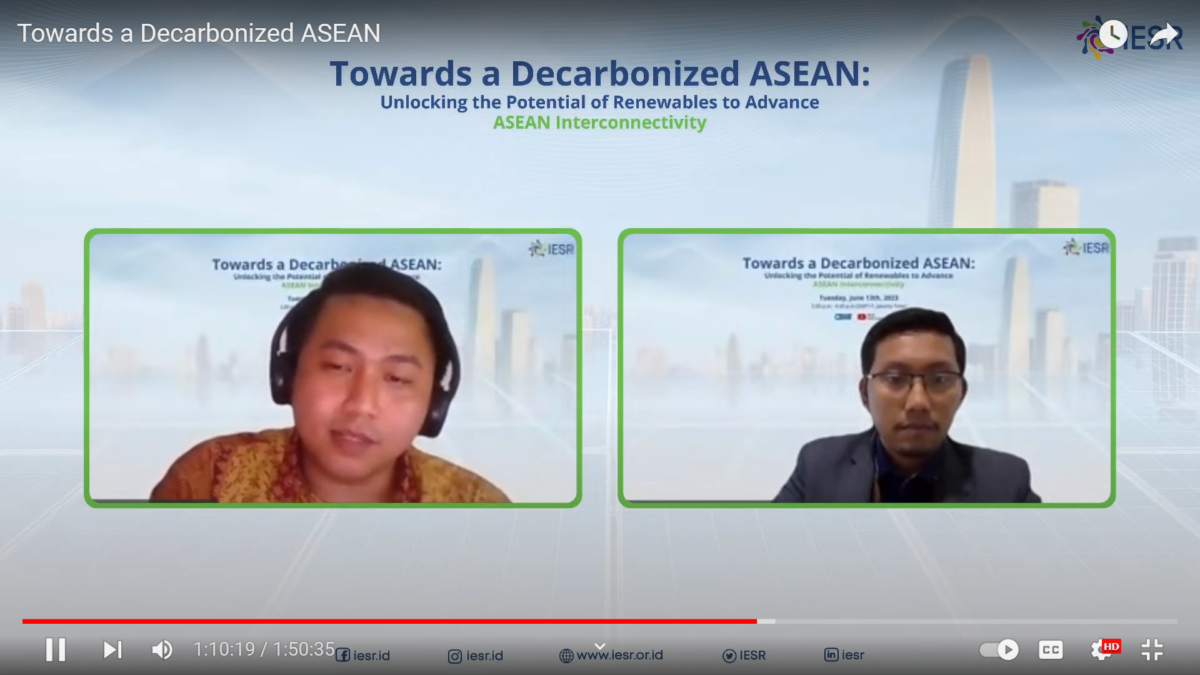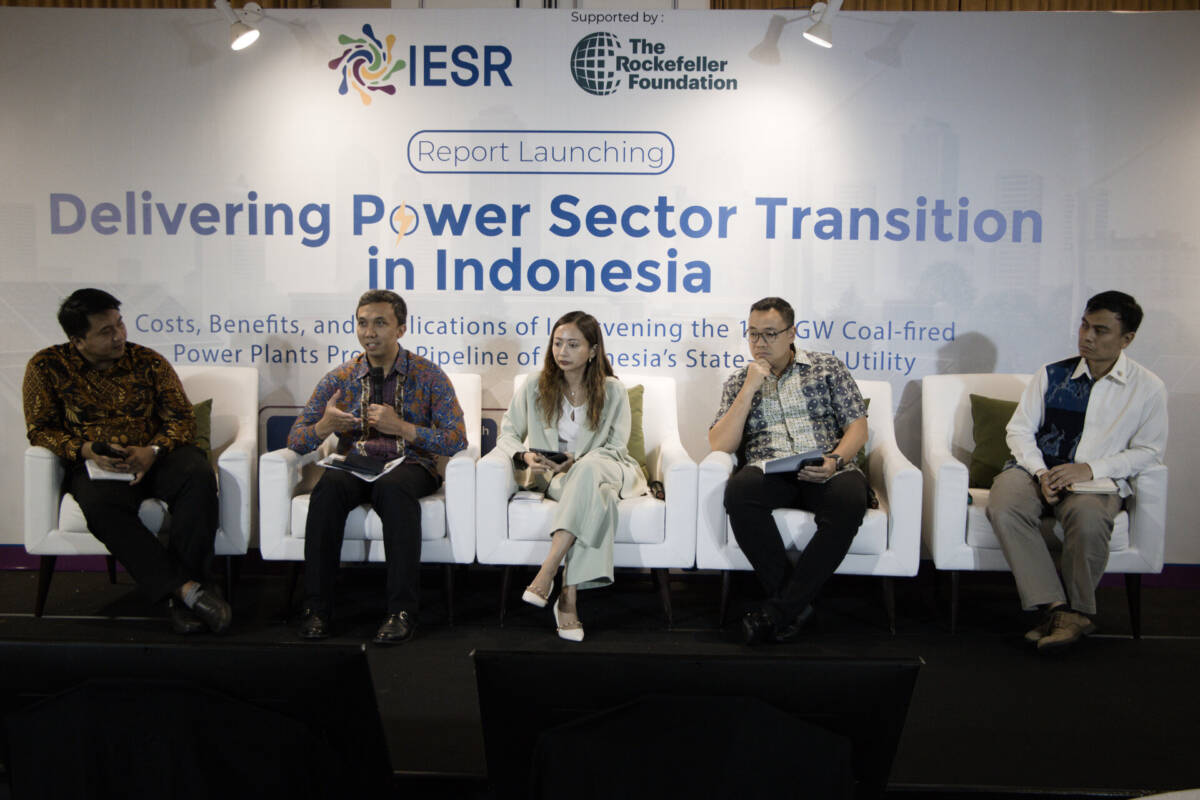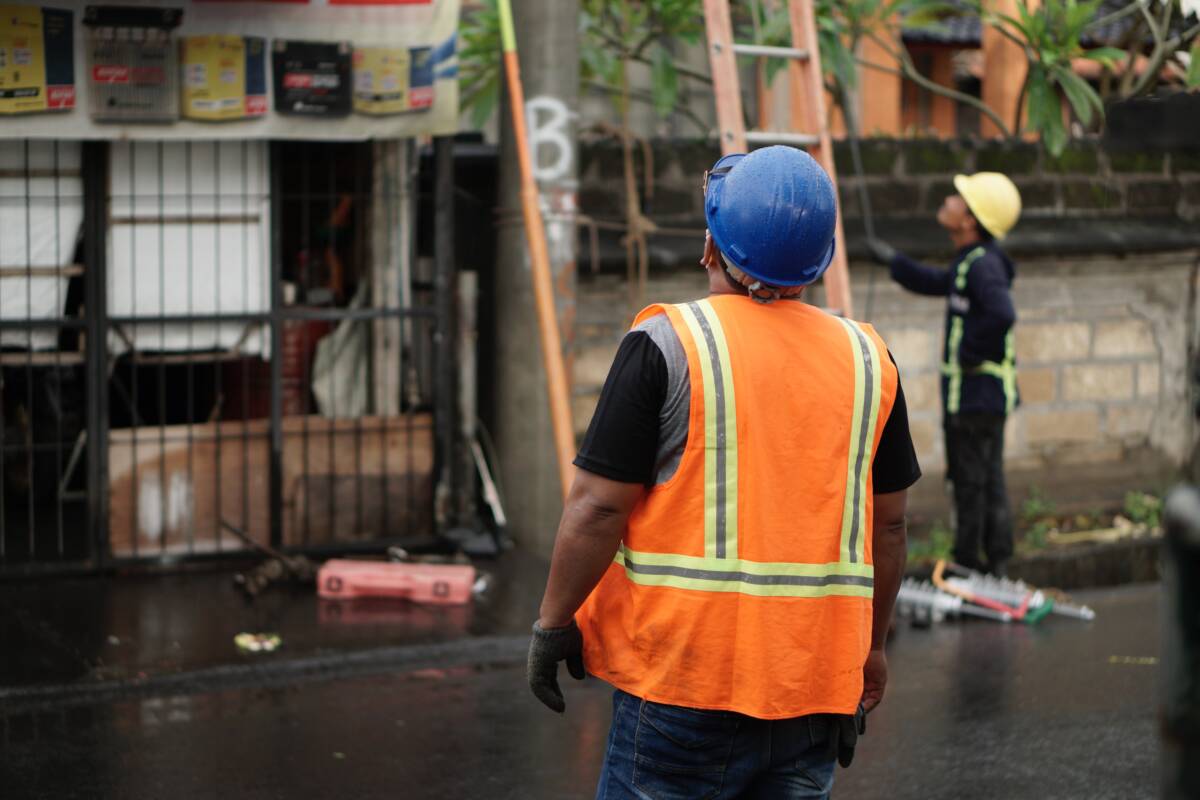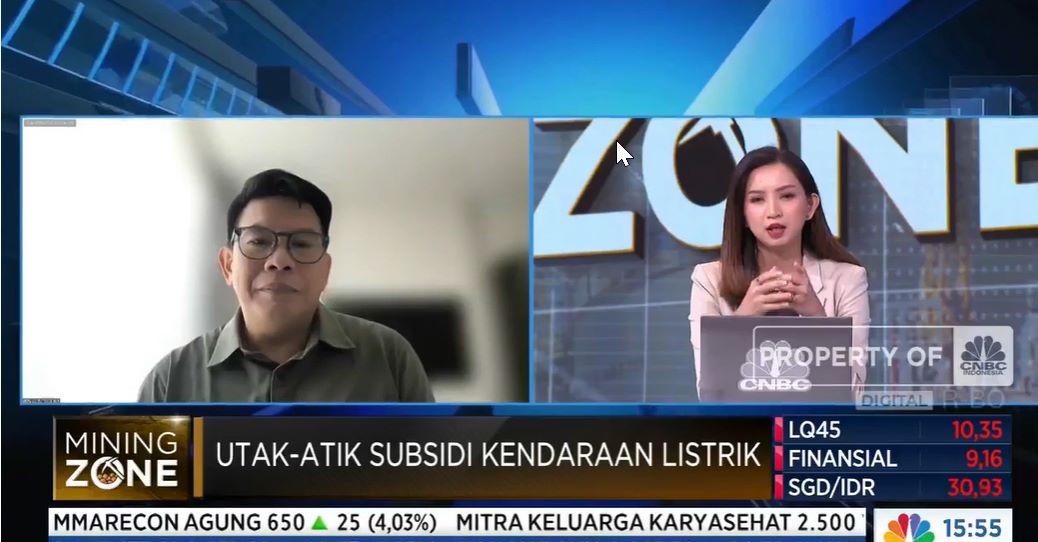Jakarta, 27 June 2023 - The urgency to shift energy transition into a cleaner, more sustainable one has become increasingly crucial, as highlighted by the IPCC synthesis reports, which states that global temperature has already increased 1.1 degree Celsius. Energy, as the driver of economic growth, has been a key factor in economic activities since…



